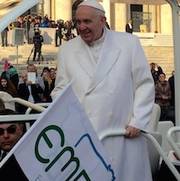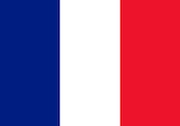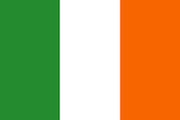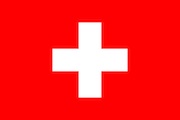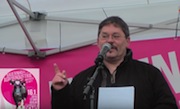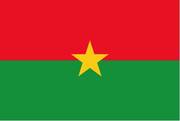EMB Newsletter February 2016
Newsletter as PDF
Contact
EMB - European Milk Board asbl
Rue de la Loi 155
B-1040 Bruxelles
Phone: +32 - 2808 - 1935
Fax: +32 - 2808 - 8265
Dear dairy farmers and interested parties,
Spring cleaning in Danish politics: Six months after Denmark’s new right-wing Minister for the Environment and Agriculture, Eva Kjer Hansen, entered into office, she started a thorough overhaul of the Danish special legal provisions.
Originally, the Danish Government had confiscated 50,000 hectares of agricultural land for crop-free buffer zones along all water courses. They have been released again in two stages so that they can be cultivated again in the coming summer. The total agricultural area in Denmark is some 2.6 million hectares.
A phase-out of the constricting Danish fertilizer rules was promised. The rules are so restrictive that growing grain for bread has been impossible for several years as the protein content is too low. The first stage of the phasing out has to take place before the spring planting.
However, the Danish Act on keeping dairy cattle and their offspring is still valid, and no significant changes are planned. Stanchion or stall barns will no longer be allowed after 1 July 2022. As of this date, livestock is to be kept in free stalls. The dimensions of the cubicles in free stalls are governed by the Act on keeping dairy cattle and, unfortunately, many of the existing stables do not meet the new requirements. The National Association of Danish Milk Producers, Landsforeningenaf Danske Mælkeproducenter (LDM), would prefer that politicians do not interfere with the detailed design of stalls and other production facilities, but so far there has been no sign that the wishes of Danish milk producers will be accommodated in this matter.
The crisis of Danish agriculture is, unfortunately, so severe that political concessions are not enough to save the farmers, the entire industry still depends on a price increase. The financial challenges of approximately 1,600 Danish farmers out of a total of roughly 10,000 full-time farms are so severe that they risk being closed by financing institutions.
The situation of the Danish dairy farmers is desperate; the reports from the other countries in this issue of the newsletter give no cause for hope either. So it was all the more important that we met with Pope Francis at the Vatican in late January: he encouraged us dairy farmers to carry on fighting for fair, sustainable agriculture.
Kjartan Poulsen, Member of the EMB Board and President of LDM Denmark
Press release: EMB attends audience in Vatican
Answer of EU Commission President Juncker
France: Causes of a prolonged crisis in milk production. Ways to ensure a collective exit
Ireland: Huge concern amongst dairy farmers
Dense situation for Suisse dairy farmers
As a dairy farmer at the "We are fed up" demonstration
Sustainable project in search of funding: Development of a micro-dairy in Burkina Faso
Impressum
European Milk Board asbl
Rue de la Loi 155
B-1040 Bruxelles
Phone: +32 2808 1935
Fax: +32 2808 8265
E-Mail: office@europeanmilkboard.org
Website: http://www.europeanmilkboard.org

